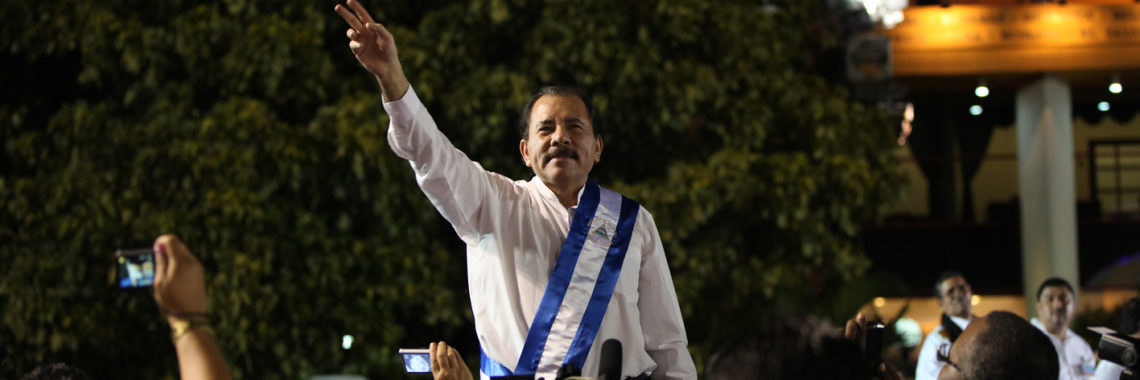“The Case for Parental Choice: God, Family, and Educational Liberty” by John E. Coons
The Case for Parental Choice: God, Family, and Educational LibertyJohn E. Coons This is an adapted excerpt from Chapter 5 of The Case for Parental Choice: God, Family, and Educational Liberty (Notre Dame Press, 2023) by John E. Coons and is based on previously unpublished remarks to the C.S. Lewis Foundation in February 2006. In…




